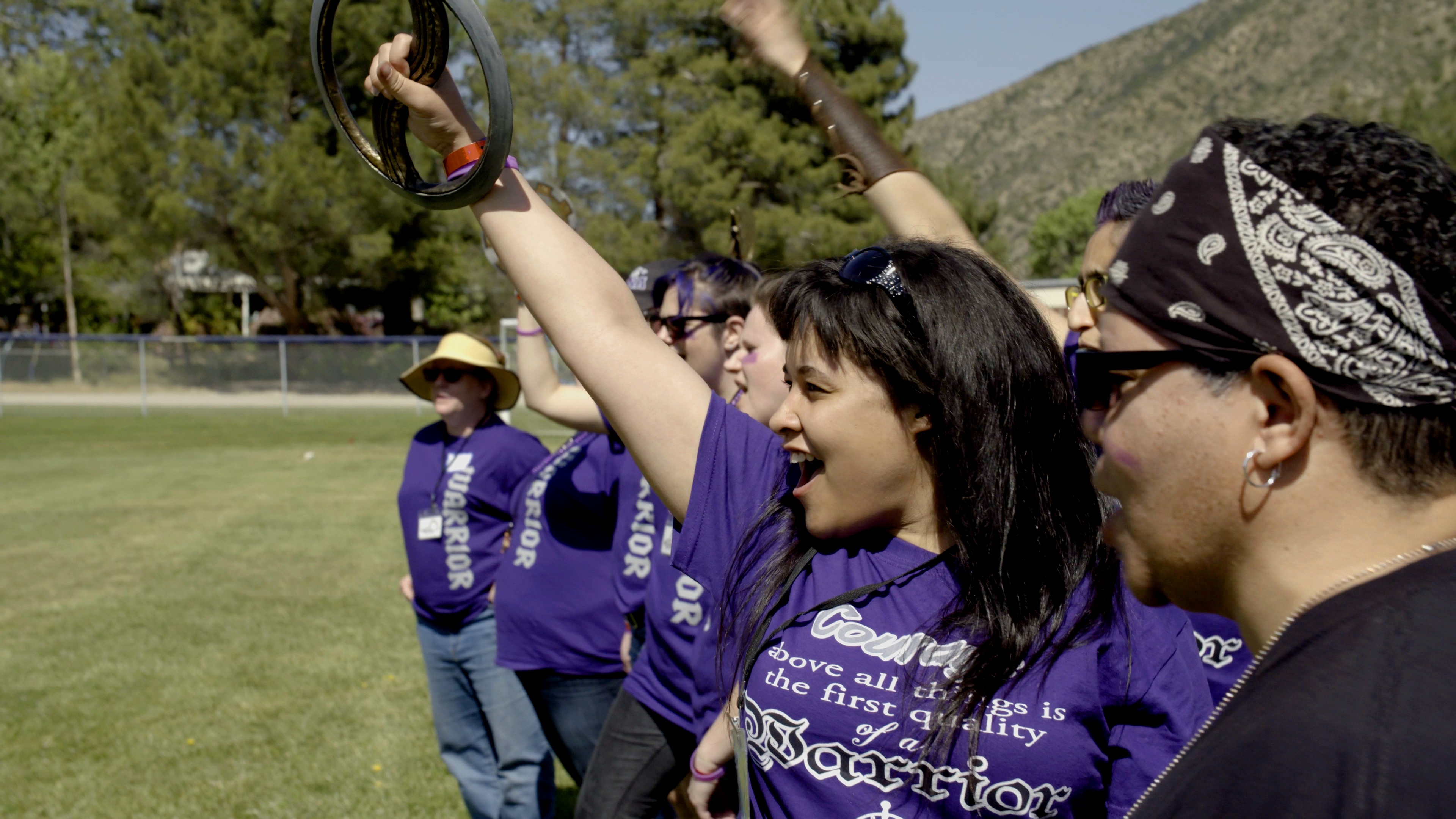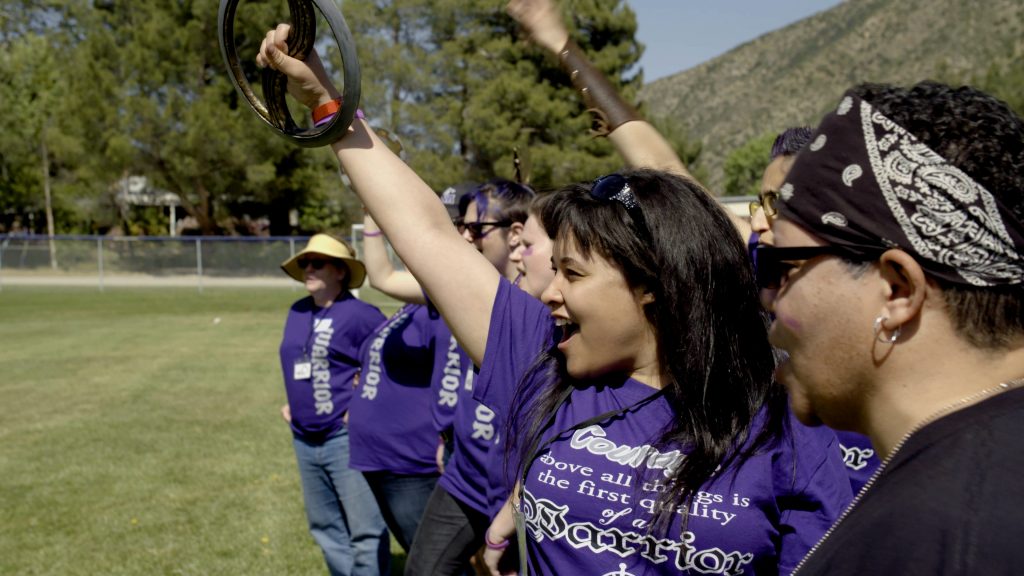There’s a common thread connecting Xena: Warrior Princess to The L Word to Pose. Tracing that thread of what queer female representation on television has looked like in the past three decades is precisely what Gabrielle Zilkha’s Queering the Script documentary is all about. The doc serves as a necessary history lesson on how TV has depicted queer female characters, as well as an exploration of what the queer female fan community looks like; it’s a powerful reminder of the great strides that have been made, but also of the great work that still needs to be done. To bolster its credibility, the doc features interviews with the likes of Lucy Lawless (Xena herself!), Tanya Saracho, Gloria Calderón Kellett and Stephanie Beatriz, as well as writers behind shows like Riverdale, The 100 and The L Word. All offer invaluable insight into the biases the industry has had to grapple with in the last few decades, and the way fandom activism has been leading the demand for diverse storylines from creators committed to making change. (Beatriz’s hilarious interview touches on her coming out tweet which remains a classic!)
While it’s great to see talking heads discuss the power of seeing a Latinx family grappling with a coming out, and even better seeing pivotal TV moments presented within animated TV screens that hearken back to a ’90s MTV aesthetic, Queering the Script is most illuminating when it lets fans speak for themselves. Scenes set at an all-woman retreat for Xena fans or at Clexacon, an annual fan convention focused on female members of the LGBTQ community, show how crucial on-screen representation is for queer women of all ages. Hearing Alexis Sanchez talk about what led her to create Latinx Geeks, a self-described “community for those who love all things geeky, nerdy, and pop culture,” makes the value of Zilkha’s pop cultural history all the more evident.
Growing up, Sanchez notes that she struggled with finding characters she could claim as her own. This sometimes required a bit of imaginative thinking: She admits to claiming Wonder Woman as her own. The DC heroine was an “Amazon,” after all, which to a young Sanchez meant she could just as easily be from Bolivia (from the Amazon!), just like herself. As one of the many characters Queering the Script follows, Sanchez is emblematic of the growing power of queer female fandoms, a reminder that there’s value in giving them a voice and keeping them in mind when crafting their storylines on screen. It’s one thing to hear Calderón Kellett and Mike Royce talk about what went on to crafting Elena’s coming out, but it’s quite another to hear Sanchez talk about what it meant to her to watch that same episode with her own mother. Queering the Script is a personal a statement about how powerful the images and storylines we see on screen can be when you’re starved for representation.
Queering the Script screened as part of the 2019 Outfest Film Festival.




